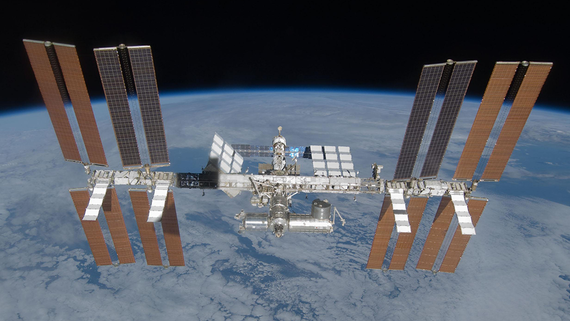Roscosmos will consider the extension of work on the ISS until 2028 February 16
[ad_1]

On February 16, the Scientific and Technical Council of Roscosmos will consider recommendations for extending the operation of the Russian segment of the ISS until 2028, Vladimir Solovyov, general designer for manned complexes and systems, said.
“We have the Scientific and Technical Council of Roscosmos, whose chairman is Yuri Nikolayevich Koptev. We agreed with him that this week we will hold several meetings. All the materials that we have developed at the Council of Chief Designers will be transferred to the Scientific and Technical Council, ”the press service of Roskomos quotes Solovyov. According to him, Koptev will consider the recommendations no earlier than February 16.
According to the general designer, after that, RSC Energia, Roscosmos and the Military Industrial Commission will come to “a common understanding on extending the life of the Russian segment of the ISS.”
In July 2022, the head of Roskosmos, Yuri Borisov, reported to Russian President Vladimir Putin on the withdrawal from the ISS project and the development of a Russian orbital station. According to Borisov, the future of Russian manned cosmonautics should be based primarily on a balanced and systematic scientific program so that each flight provides knowledge in the field of space. In March, Dmitry Rogozin, then head of the corporation, warned of the “collapse” of the ISS until 2030: the station has been operating since 1998, and its resource is 15 years.
In November of the same year, Borisov called it premature to talk about Russia’s withdrawal from the ISS project. The timing of participation in the program will depend on several factors at once, in particular on the technical condition of the Russian segment of the ISS and the timing of the deployment of its own Russian orbital station, Borisov explained. The main task of Roskosmos now, the head of the state corporation emphasized, is to ensure the continuity of manned space flights.
[ad_2]
Source link








